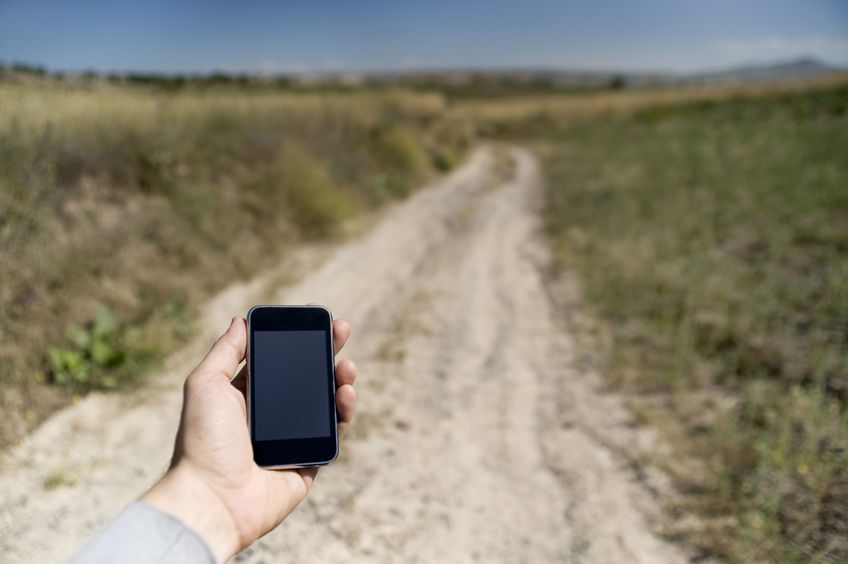
Ministers and bosses from mobile network operators will sign a £1 billion deal to improve the UK's poor and patchy rural phone coverage.
The deal is seen as a boost for rural and farming businesses, and will deliver 4G coverage irrespective of what network provider people use.
The Shared Rural Network (SRN) is a deal with EE, O2, Three and Vodafone investing in a network of new and existing phone masts, overseen by a jointly owned company called Digital Mobile Spectrum Limited.
The government claims the deal will provide guaranteed coverage to 280,000 premises and 16,000km of roads.
It adds that some further indirect improvements can be expected over time, including a boost to ‘in car’ coverage on around 45,000 km of road and better indoor coverage in around 1.2m business premises and homes.
The deal should lead to increases in coverage in some areas by more than a third, with the biggest coverage improvements in rural parts of Scotland, Northern Ireland and Wales.
It means all four mobile network operators will deliver 95 per cent combined coverage across the whole of the UK by the end of 2025.
The government has also pledged £5 billion to subsidise the roll out of gigabit capable broadband in the harder-to-reach areas of the country.
Digital Secretary Oliver Dowden said: "For too many people in the countryside a bad phone signal is a daily frustration
"We’re delivering on the Prime Minister’s 100-day promise to get a £1 billion landmark deal signed with industry to end poor and patchy mobile rural coverage."
The deal means the four networks have committed to legally binding contracts and investing £532m to close almost all partial not-spots: areas where there is currently only coverage from at least one but not all operators.
Responding to the news, Sarah Lee of the Countryside Alliance said addressing poor mobile signal in remote areas is 'vital'.
"We welcome this announcement and believe it will go a long way to further unlocking the potential of our great British countryside.
“The key thing from here is to ensure this vision becomes a reality for those living and working in rural communities, so the next step is making sure it is delivered without further delay,” she said.
